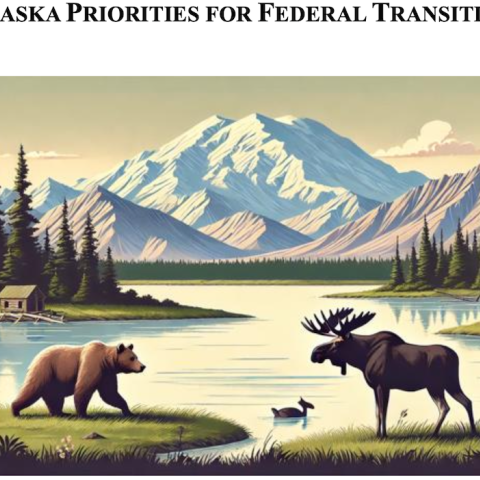
Wolf populations in Yukon-Charley Rivers National Preserve suffer when the state of Alaska kills wolves on lands adjacent to the preserve, according to a new study/NPS, Matt Cameron
Though Yukon-Charley Rivers National Preserve in Alaska is nearly 3 million acres in size, wolf populations with home territories in the preserve decline when wolves are targeted for removal on adjacent state lands, according to a two-decade-long study.
National Park Service researchers monitored wolf population dynamics from 1993–2014 to assess how two large-scale wolf control programs, which had the primary goal of increasing the size of the Fortymile caribou herd, affected a wolf population located within the adjacent protected area of Yukon-Charley Rivers National Preserve. The study is one of only four in North America conducted for this length of time, according to the Park Service.
The study, which was ended because the state of Alaska killed so many wolves outside the park, found that during periods when wolf control programs were implemented, wolf survival rates in the national preserve were lower than usual even though the preserve encompasses 2.7 million acres and wolf control activities are prohibited in the preserve (and on other lands managed by the National Park Service). Other measures of population dynamics (dispersal, births and deaths) are also substantially different during years of wolf control.
Published last week in the journal Wildlife Monographs, these findings have important implications for the management of protected areas in both Alaska and the Lower 48 states.
In Alaska, wolf control – typically done by shooting from helicopters -- is commonly implemented across millions of acres, usually in late winter.
"The long-term monitoring of wolves with home ranges in Yukon-Charley has allowed the National Park Service to better understand how a top-level predator functions on the landscape," said Yukon-Charley Rivers Superintendent Greg Dudgeon. "This extensive body of work indicates that management actions outside of the bright-line boundaries of conservation areas, even very large ones, can impact wildlife resources within park units. Understanding the impacts can assist us in making more informed management decisions.”


 Support Essential Coverage of Essential Places
Support Essential Coverage of Essential Places






